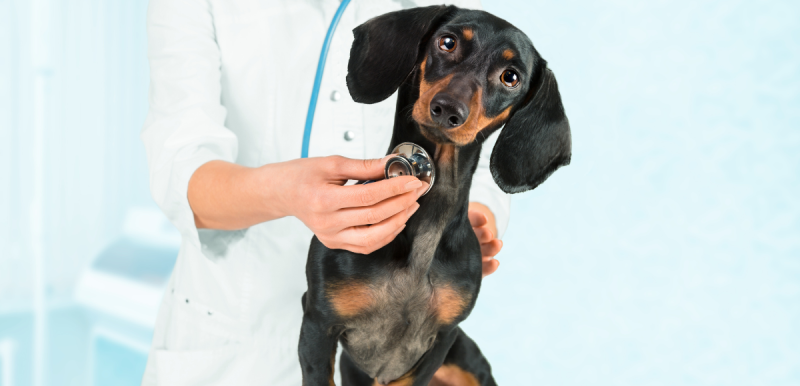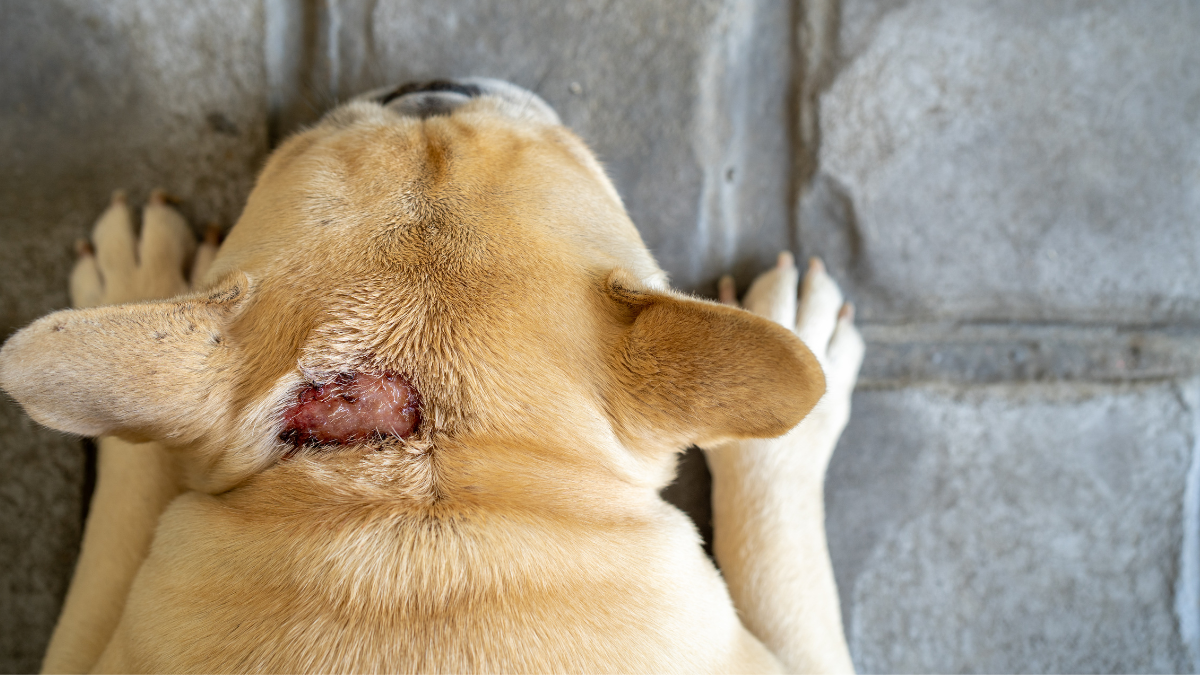Emergencies don’t always happen at convenient times. Pets have a knack for getting into trouble late at night, on long weekends, or just after you’ve thrown away the wrapping from your Christmas ham.
At WellPet Vets, we want you to feel prepared — not panicked — when your pet needs urgent help. Here’s what to know about veterinary emergencies and how to act quickly when it matters most.
What Counts as a Veterinary Emergency?
Some situations require immediate veterinary attention to prevent serious illness or death. If you’re unsure, it’s always safer to call — but here are common signs and conditions that are true emergencies:
Common Veterinary Emergencies
- Difficulty breathing or open-mouth breathing
- Collapse or sudden weakness
- Pale, blue or grey gums
- Rapid heartbeat or unresponsiveness
- Sudden paralysis of the back legs
- Ingestion of human medications (e.g. Panadol, Nurofen)
- Toxic foods like chocolate, grapes, onions, or xylitol (sugar-free gum)
- Exposure to rat bait, snail bait, pesticides or fertilisers
- Snake bites
- Poisonous plants or chemicals
- Repeated vomiting or diarrhoea, especially with blood
- Bloating or swollen belly (can signal life-threatening bloat/GDV)
- Straining to vomit without success
- Ingestion of foreign objects (toys, bones, string, etc.)
- Hit by a car or fall from a height
- Dog attacks or bite wounds
- Severe bleeding or deep cuts
- Obvious fractures or inability to stand
- Limping, swelling or signs of pain after an accident
- Seizures or convulsions
- Disorientation, sudden loss of balance or head tilt
- Abnormal eye movements or circling behaviour
- Unusual vocalisation or behavioural changes
- Straining to urinate or not passing urine (especially dangerous in male cats)
- Excessive licking of genitals or signs of pain
- Difficult labour or prolonged pregnancy in females
- Uterine prolapse or vaginal bleeding
- Heatstroke (panting, drooling, collapse – especially in summer)
- Hypothermia (cold exposure in small, short-haired pets)
- Burns or smoke inhalation from house fires
- Tick paralysis signs (wobbliness, vomiting, paralysis)
What To Do In an Emergency
What to Do if You Suspect an Emergency
Our Afterhours Clinic
Nepean Animal Hospital
Address: 50 Mulgoa Road, Regentville, NSW 2745
Phone: (02) 47 333 456
Open: 24/7 including public holidays
Emergency fees can be found on our Fees & Payment Options page.
Not Sure If It’s Urgent?
Just Call — We’re Here for You.











